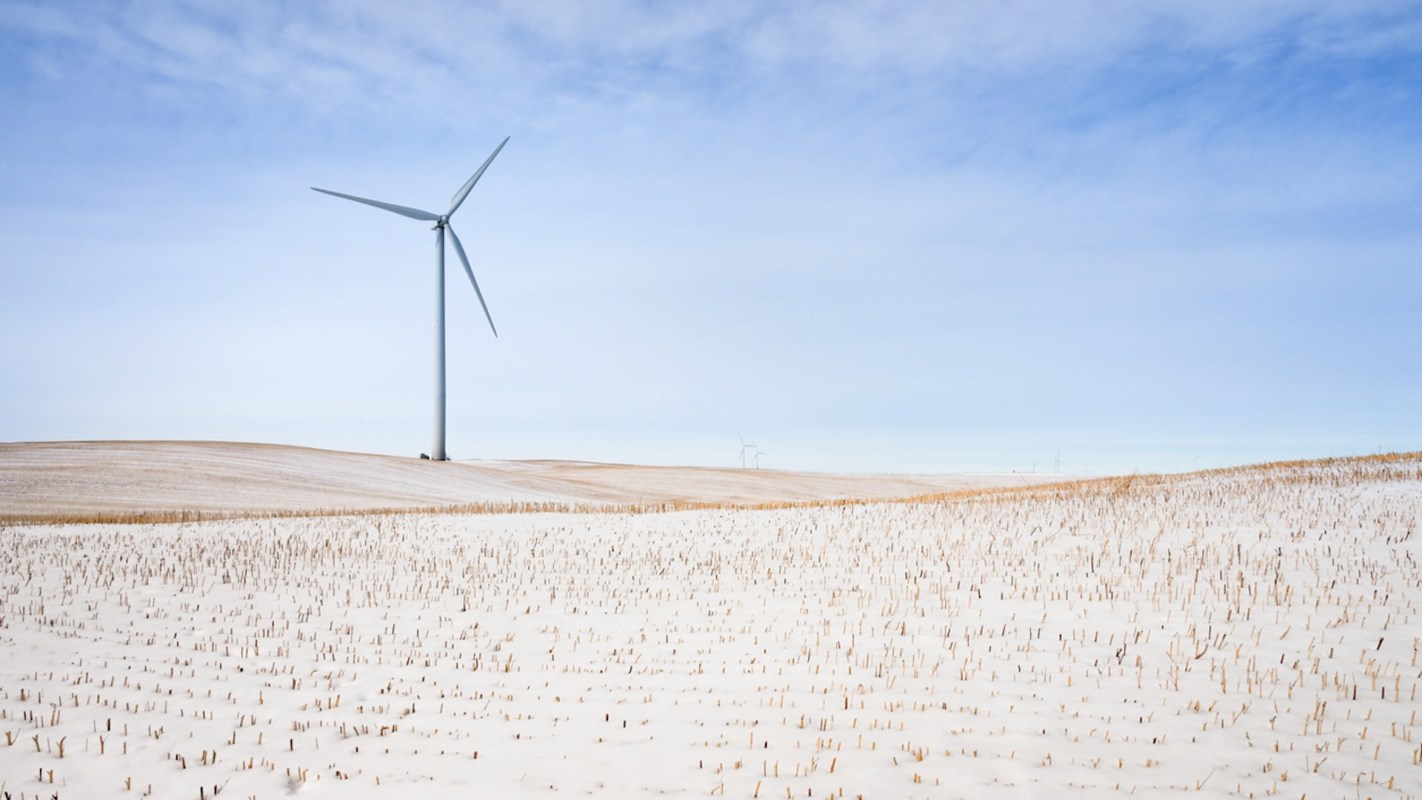Alberta is banning clean energy generators in certain locations where the natural landscape is deemed too beautiful or the agricultural potential of the space is too strong.
What's happening?
Alberta, the fourth-largest province in Canada by both population and land area, is blocking new renewable energy projects in spaces with "pristine viewscapes" and "prime" agricultural land, according to the Guardian.
The province currently leads Canada in new renewable energy projects, and almost one-third of Alberta's power grid is sustained by renewable energy.
"Alberta has led the country in renewable energy investment, and we will continue to lead the country," said the province's premier Danielle Smith.
Why is this clean energy ban important?
Clean energy is essential to keeping our planet as cool as possible for the foreseeable future, as dirty energy sources like coal and petroleum are among the most destructive forces when it comes to pollution and the dangerous overheating of Earth.
Clean energy projects like solar and wind power plants ensure that the air we breathe is cleaner, the vehicles we drive are cheaper to refuel, and our homes remain out of harm's way by reducing the number of extreme weather events we face.
Other policies have benefited citizens and the planet. The Inflation Reduction Act of 2022 made it much cheaper to purchase electric vehicles and install solar panels, simultaneously helping people with their monthly spending in the short term and protecting the planet in the long term.
Smaller-scope government policies help, too. In Prince George's County in Maryland, restaurants are cutting back on disposable plastic items due to a new law that forces eateries to provide plastic utensils only to those who explicitly ask for them, thus keeping wasteful single-use plastics out of landfills.
Statewide policies in the U.S. can also help forge a path toward a cleaner future and keep us healthier. Texas, for example, is receiving federal funding to plug abandoned oil wells, thus stopping the dangerous leakage of methane into communities and creating tens of thousands of new jobs.
What's being done about Alberta's clean energy ban?
Fortunately, the ban isn't supposed to be as hard-and-fast as it sounds, as landowners are permitted to request exemptions from the rule that will allow them to install clean energy projects. To be granted an exemption, the landowner must demonstrate that crops and/or livestock will be able to exist fruitfully next to the clean energy installations.
But the ban doesn't seem to be worded clearly enough or have enough detail to be strictly enforceable yet.
"Overall, today's announcement extends the climate of uncertainty and leaves us with the task of analyzing how many projects and how much investment Alberta will lose to other provinces," Jorden Dye, director of the Business Renewables Centre-Canada, told the Guardian. "Further details are needed to pin down exactly what the fallout will be. Failure to provide those details in a timely manner will also shift investment to other provinces and countries."
Join our free newsletter for cool news and actionable info that makes it easy to help yourself while helping the planet.









